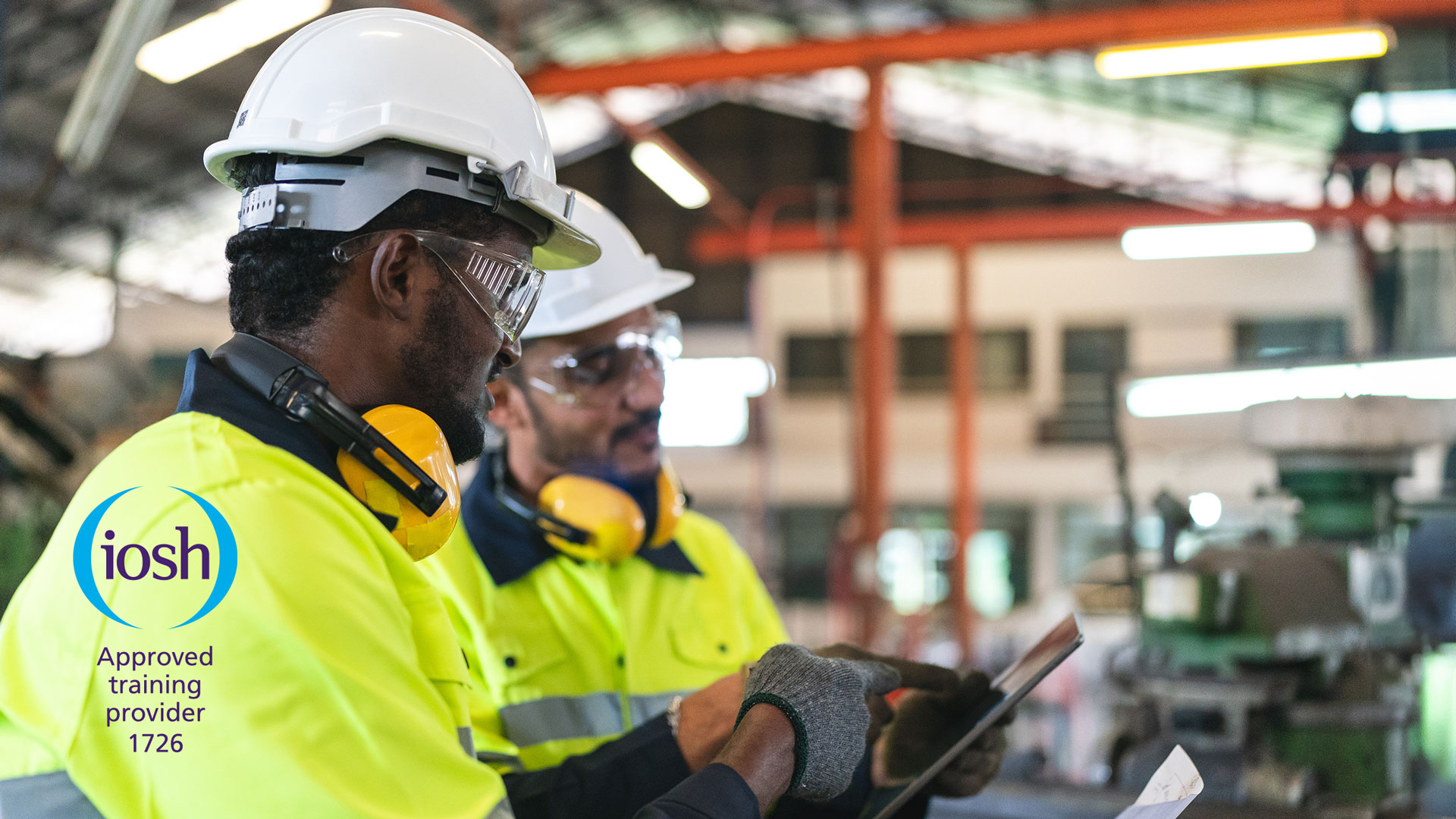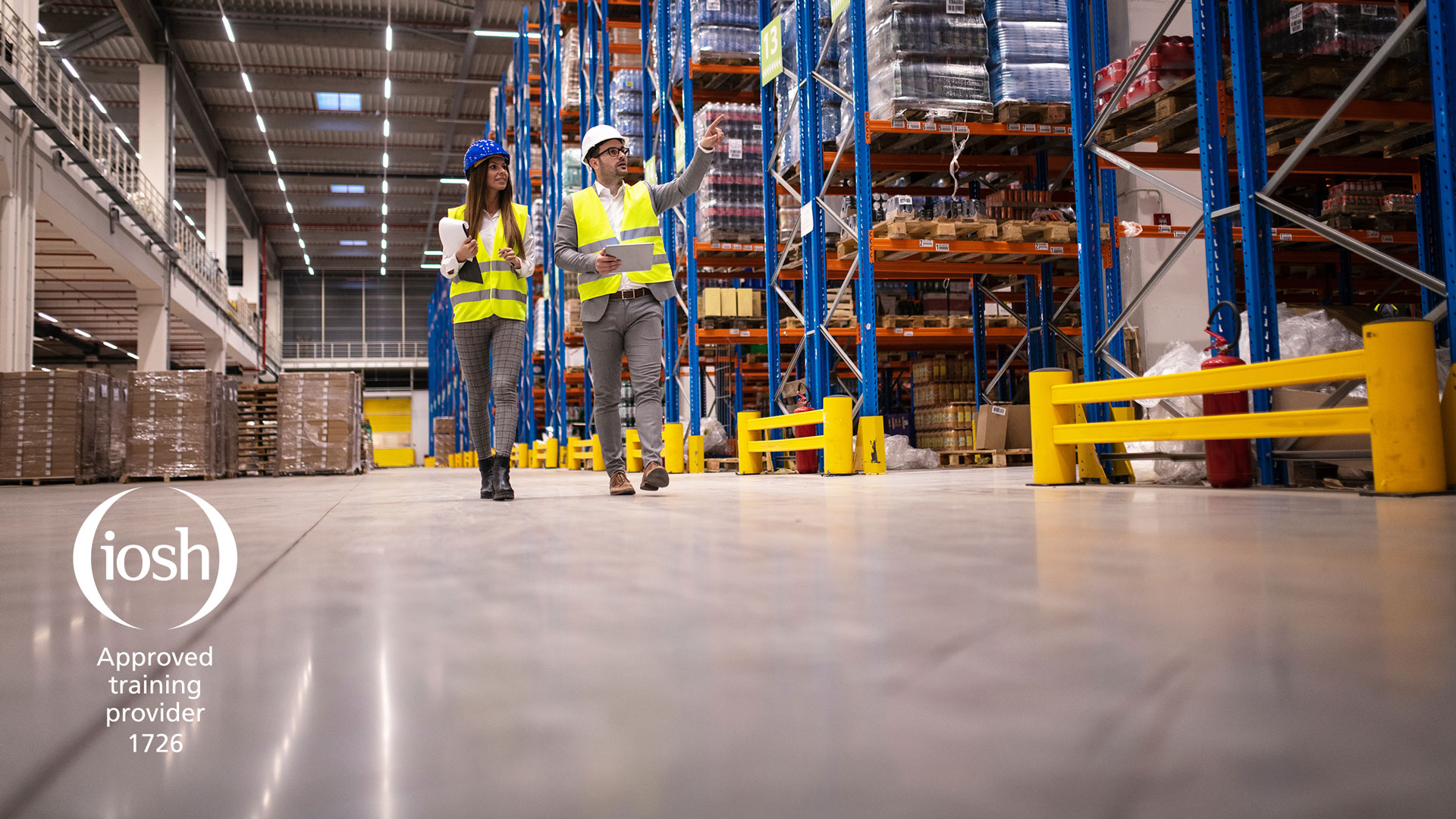All remaining COVID-19 restrictions in England - including the legal rule to self-isolate - could end later this month, Boris Johnson has said. Under the current rules, anyone who tests positive must self-isolate for at least five full days. The current restrictions are due to expire on 24 March, but Mr Johnson told MPs he expected the last domestic rules would end early as long as the positive trends in the data continued. He said:
"Provided the current encouraging trends in the data continue, it is my expectation that we will be able to end the last domestic restrictions - including the legal requirement to self-isolate if you test positive - a full month early."
The law will be replaced with guidance, Downing Street said. But with the removal of the rule to self-isolate even if you have symptoms, would it be acceptable, for example, for employees to be attending work if they test positive?
Employment Solicitor Alex Kiernan told International Workplace:
“Clearly, if an employee is sick, to the extent they cannot work, then they should not be expected to continue working. It is currently a legal requirement to self-isolate following a positive test (whether sick or not). If an employee was to ignore this guidance and attend their workplace whilst positive for COVID-19, they would be exposed to fines and there would be health and safety implications for the employer. Should the legal requirement to self-isolate be formally retracted without any replacing Government rules or guidance, then the responsibility for deciding approach is likely to fall on the employer. Employers would need to factor their risk assessments, policies and contractual arrangements when taking such decisions.”
And would it be acceptable for an employer to expect an employee to attend work if they have tested positive for COVID-19? Kiernan says:
“The short answer under the current guidance is no. Once an employer has knowledge of an employee testing positive for COVID-19, it is an offence for them to allow the employee or worker to attend a location that is not where they are self-isolating and there are large fines for doing so. Once the legal requirement for self-isolation is removed (subject to any affiliated guidance), it is possible that COVID-19 will need to be treated in the same way as other respiratory conditions such as flu, and employees will need to self-certify whether they are well enough to come into the office. Employers should be very mindful to how these changes are likely to affect employees and workplace morale and should ensure they have effective risk assessments and policies in place in readiness. Whilst these policies should almost certainly handle the health aspect of positive employees being in the workplace, employers should also consider the psychological impact on individuals as we transition back to normality.”
Whether we should be concerned about the potential changes to the law just yet remains to be seen; Labour's Shadow Health Secretary Wes Streeting said the Prime Minister's announcement was merely "a series of throwaway remarks designed to dig him out of a political hole, with absolutely no plan to back it up", following political controversies and criticism of parties held at Number 10 during lockdown.
Streeting told the BBC the Government needed a "real plan for living well with COVID", adding Labour had published its own proposal - including provision for better sick pay and improved testing - and the Prime Minister was "welcome to nick it".
Alex Kiernan is an Employment Solicitor and Director of Loch Employment Law. For further support in dealing with the issues mentioned above, contact Alex.Kiernan@lochassociates.co.uk
You may also be interested in
RELATED CONTENT
RELATED COURSES

Introduction to health and safety gives learners a basic introduction to managing safety in their workplace.

The world’s best-known health and safety certificate, designed for managers and supervisors in any sector or organisation.

IOSH Working Safely is a one-day introductory health and safety training course for people at any level, in any sector.

IOSH Managing Safely Refresher is designed to provide continued support to managers dealing with workplace health and safety issues.

Health and safety at work is a serious business; getting it wrong could end up costing someone their life. It stands to reason that there should be so...

The legal term ‘reasonably practicable’ plays a crucial role in determining the level of care and precautions required in different areas of law, such...

Vicarious liability can be a formidable challenge for employers, causing responsibility to extend beyond the individual and creating shared accountabi...

Although we are edging closer to spring, many of us are still being affected by wintery weather and the shorter daylight hours. So, what can you do to...